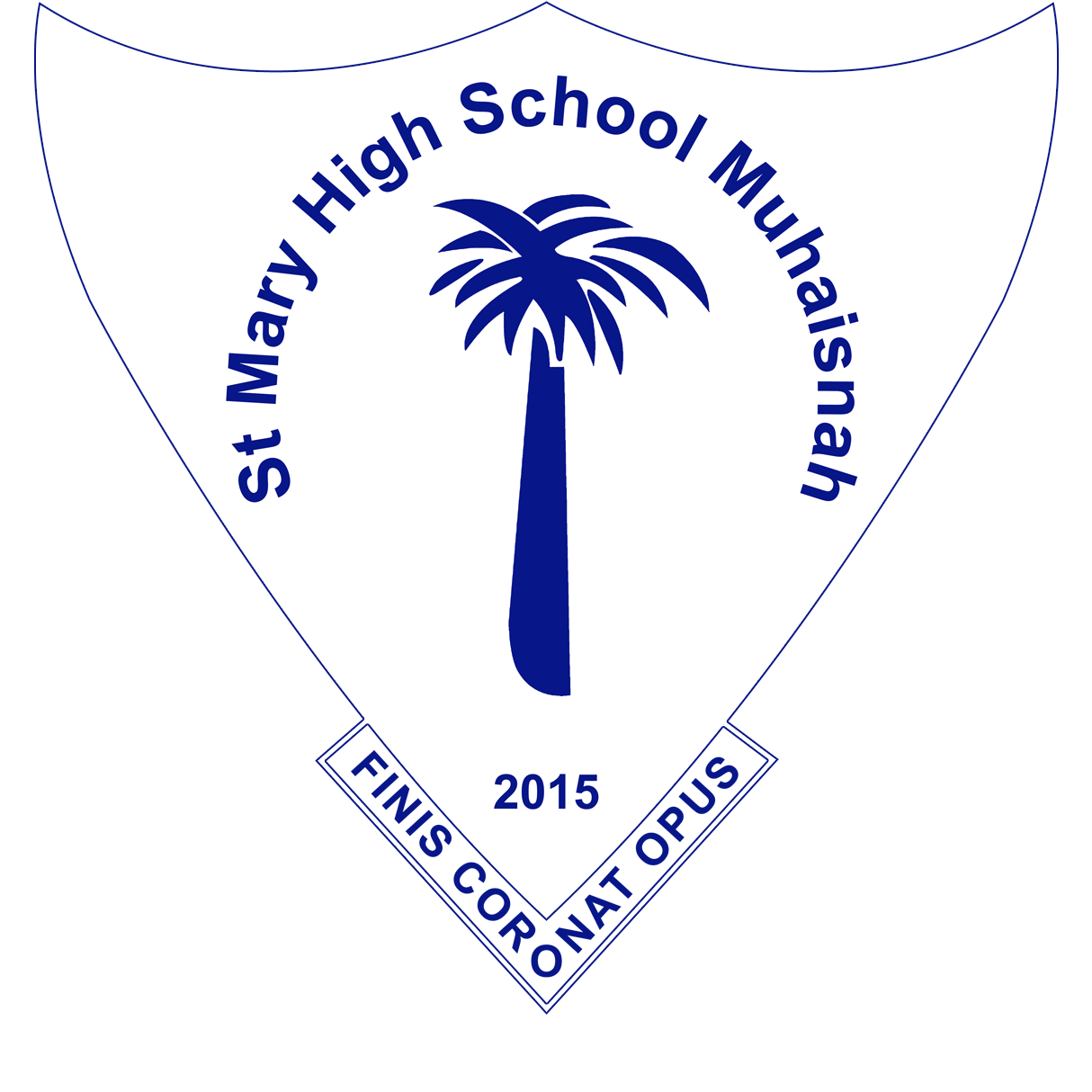EARLY YEARS FOUNDATION STAGE
St. Mary’s Muhaisnah high school offers a broad and balanced curriculum. We promote school readiness by ensuring that the opportunities we offer prepare our children for their transition into the next phase of their learning journey.
The EYFS curriculum is designed and based on the philosophy of learning through play which enhances critical thinking abilities, fuels risk-taking and creative skills. The Statutory Early Years Framework – September 2021 Early years foundation stage (EYFS) statutory framework – GOV.UK (www.gov.uk), supplemented with the non-statutory guidance, Development Matters.
The EYFS seven areas of learning and development form the foundations upon which all further learning is built.
In the initial stages, three Prime Areas are in focus:
- Personal, Social and Emotional Development
- Physical Development
- Communication and Language Development.
Growing up, the Prime Areas help develop skills in 4 Specific Areas:
- Literacy
- Mathematics
- Understanding of the World
- Expressive Arts and Design
CHARACTERISTICS OF EFFECTIVE LEARNING
- Playing and Exploring – children investigate and experience things, and have a ‘go’
- Active Learning – children concentrate and keep on trying if they encounter difficulties, and enjoy achievements.
- Creating and Thinking Critically – children have and develop their own ideas, make links between ideas and develop strategies for doing things.
SMM’s unique curriculum celebrates the potential of our children, with the goal of nurturing self-motivated, lifelong learners. Our goal is to cultivate the skills that are at the foundation of a life of happiness and success: cooperative and individual problem solving, critical thinking, emotional intelligence and empathy, as well as early literacy, math and real world. Our emergent curriculum is play based, but far more than play. It is a series of guided investigations that follow the children’s interests and immerse them in the process and joys of discovery. We want to create strong, independent learners who will then approach more formal learning with confidence. We believe that every child can make progress.
The skills and knowledge the children develop through the curriculum helps them to make progress towards achieving ‘The Early Learning Goals’ and gaining a ‘Good Level of Development’ at the end of Reception which will give them a solid foundation as they enter Key Stage 1.




